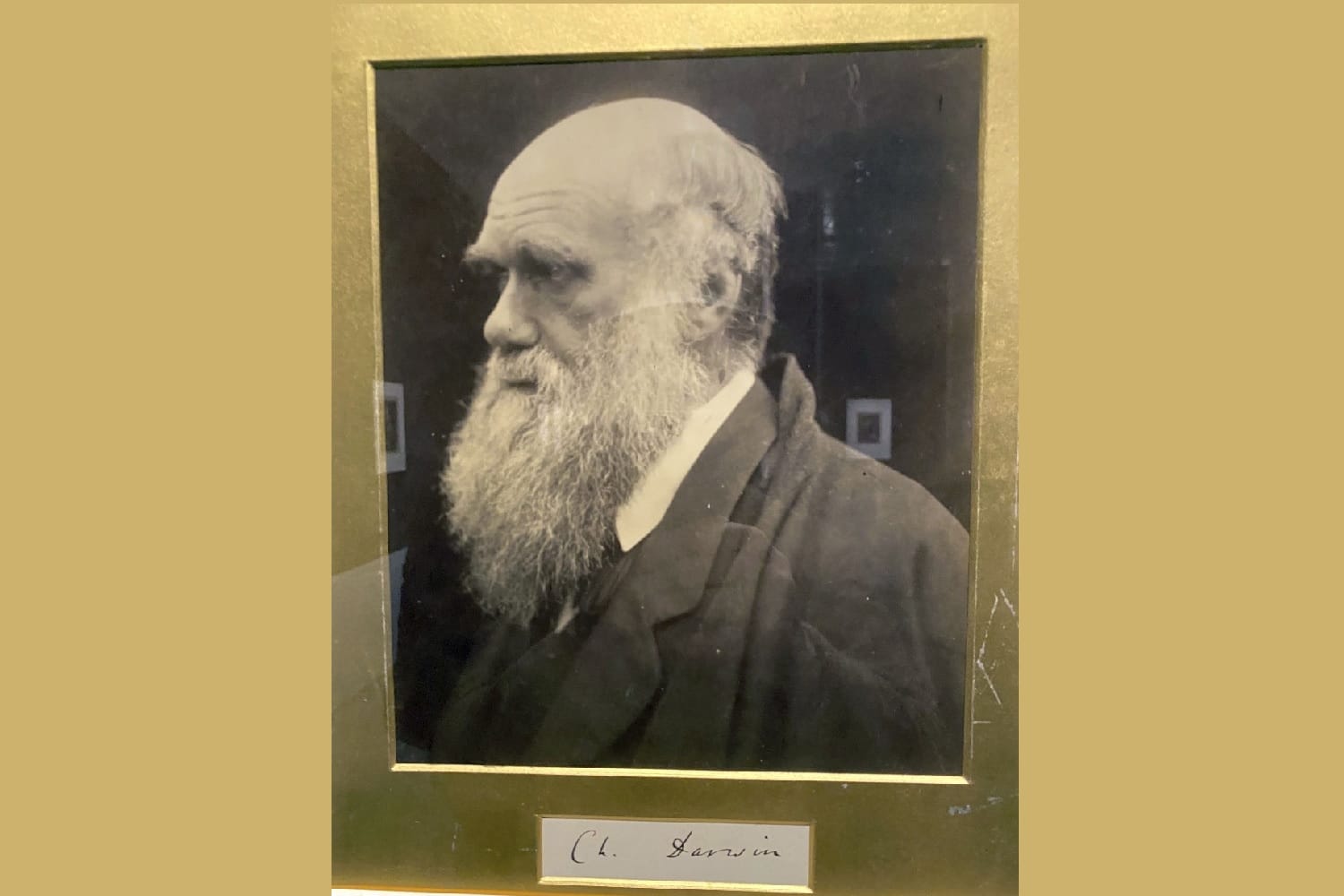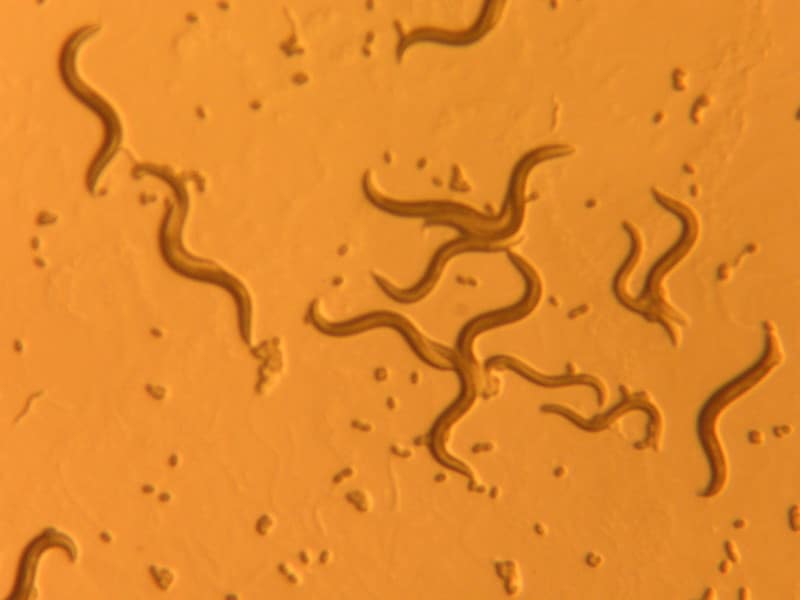Human Individuality
The question for this series is what does it mean to be an individual in contemporary US society. The first posts lay some groundwork for this question. In this post, I give a tentative answer to part of the question: what do we mean by individuality.
I began to address this question in the conclusion to the series on Michael Tomasello’s book The Evolution of Agency, The idea is that all human characteristics, including consciousness, reasoning capacity, and emotions, evolved over millions of years. The main point of that post was to deal with the difference between free will and agency.
This is Tomasello’s description of agency:
…[W]e may say that agentive beings are distinguished from non-agentive beings … by a special type of behavioral organization. That behavioral organization is feedback control organization in which the individual directs its behavior toward goals — many or most of which are biologically evolved — controlling or even self-regulating the process through informed decision-making and behavioral self-monitoring. Species biology is supplemented by individual psychology.
I suggest that we find individuality in the way each of us selects goals, directs our behavior toward those goals, and the way each of us controls and self-regulates ourselves through informed decision-making and self-monitoring.
It may seem that I am just pushing back the problem to another level: what are the goals and how do we form them, what are the control and self-regulating functions, what are informed decision-making and self-monitoring and how do they work. I don’t think so. I think we can’t handle the broad question of individuality, but we can find approximate descriptions for Tomasello’s operations. And, I think the part about setting goals and the part about informed decision-making carry us most of the way to individuality.
What Peirce Got Wrong
I like the ideas of C.S. Peirce, including this 1877 article. He tells us two things that are often true.
1. Thinking is hard and we don’t like to do it. We only do it when faced with doubt, and even then only when other techniques of dealing with doubt fail.
2. When doubt reaches the point that we can’t ignore it, we look for some other opinion. Not necessarily a true opinion, but just something that causes the doubt to subside.
I suspect that this is true of a lot of people (like MAGAts and me when someone attacks my heroes). But I think a lot of us enjoy thinking, talking about stuff, learning new stuff, meeting people not like us, traveling, and we happily do it all through our lives. I think it starts with curiosity, that force that drives children to ask questions about everything. For such people, truth matters.
Probably most of us are a combination of these two poles depending on the subject, but once you start with curiosity, it tends to undercut other certainties we hold, which in the long run might mean a bias towards true answers. I might even come to question my heroes.
A Metaphor
My brother Michael did a number of single cell studies as part of his research into the transmission of pain signals to the brain. He said a neuron fires when the number of charged ions in the cell hits the magic number. When that happens, the cell fires, sending a signal down the axon to the next neuron. The first cell then returns to its resting state, ready for the next burst of charged ions. See also this.
I think one way we set goals for our actions is sort of like that. We get a stimulus outside what we anticipate, and we shrug it off, If that keeps happening, we hit a magic number and we decide to look more closely. Nothing changes until the magic level is reached. We just coast along.
Here’s an example. You go for a hike in a national forest. You’re looking around, but mostly at the ground to avoid tripping. You notice a bush with berries. Fine. Later you see a similar bush with more berries. And again. Then again, and this time you look closely. What are they? Are they edible? Am I hungry? A whole series of questions suddenly arises based on that stimulus.
Here’s another example, this time fairly close to my recollection of my own experience. I was raised Catholic, and starting in third grade, attended Catholic schools. I read a bunch of books about the lives of the Saints, including one I found recently: Ten Saints For Boys. I knew the stories, read about relics, read kid versions of the Bible stories and the Gospels, and it all seemed fine.
By high school, some of the stories started to feel a touch unreal. They didn’t correspond with the things in my life, and the histories didn’t sound like anything I knew about. One in particular was the doctrine of the Assumption of the Body Of The Blessed Virgin Mary into Heaven. That was very difficult to believe, but I tried.
Then I found out that the doctrine of papal infallibility was not established until 1870, suspiciously close to the loss of the Papal States in connection with the reunification of Italy that same year. That was a tipping point. Over the next few years I modified my understanding of Catholic teachings using a much broader range of sources, many if not most of which weren’t Catholic at all.
Now that’s a simplified version of what happened. I was doing a lot of related reading in those days, including existentialisn, math and physics, even Zen Buddhism, including Eugen Herrigel’s Zen In The Art Of Archery which I recommend very highly; and mysticism, including Thomas Merton’s Mystics And Zen Masters. I’m sure all that worked together to lead me to examine my thinking.
Selection Of Influences
We don’t get to choose our initial influences, parents, their friends and family, the people we live next to, teachers in K-12, the people and leaders of our Churches. Those choices are made for us. Today many of us don’t select much of what we read on social media because algorithms do the picking. We are at the mercy of the Billionaire Media, and Google or some other profit-driven search engine, which generally sucks. (Side note: Musk attacks Wikipedia; one of the few useful sources of vetted information, donate if you can. I use it a lot so I donate regularly.)
But we can select what we read if we try. We can look for those who can teach us things we care about. How we pick what to read and who we can trust to teach us, and how we understand what we read and are taught, these are crucial factors in our individuality.
Summary
I think individuality is found in our control of our goal-setting and self-monitoring. I think we learn from other people, and that selection of those other people is crucial to our individuality. I think some things are better than others. Those choices are driven by curiosity. It gives me great satisfaction and pleasure to read and understand other people’s thinking. The world and the people in it are endlessly interesting.



 creative commons
creative commons